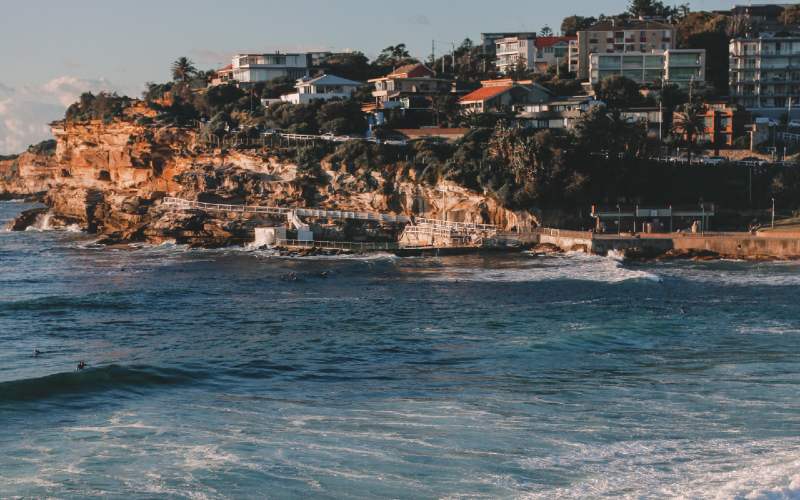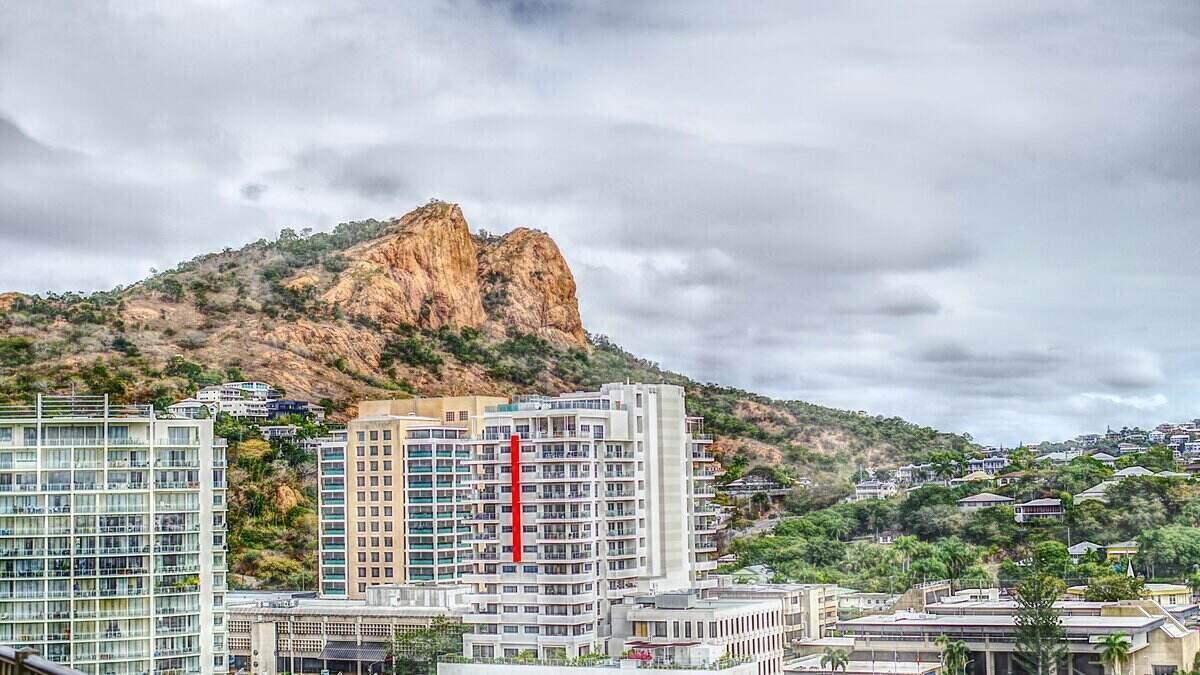Originally written 14 April, updated 24 April
Since coronavirus has taken a strong foothold in the economy, the Federal Government has announced various stimulus measures and a six month moratorium on rental evictions.
However, rental assistance responsibility falls on the separate State Governments: Queensland, NSW, WA and Victoria are so far the only four states to have announced rent assistance measures.
What's in these rent assistance packages, and how do you get them?
Queensland rent assistance
In early April, the Queensland Government announced the COVID-19 Rental Grant, providing tenants with up to $500 per week in assistance for up to four weeks - a maximum total payment of $2,000.
This is designed to be a last resort safety net for those who do not have access to other types of assistance and is paid directly to the lessor, which then flows onto the tenant.
Tenants must have less than $10,000 in savings to be eligible.
On the Qld.gov.au website, it stipulates that before you apply, you must have had a conversation with your lessor and be able to provide evidence that the lessor has declined all attempts for you to make alternative arrangements.
This is a tenant-driven stimulus package, meaning lessors, landlords or real estate agents can't apply on behalf of tenants.
Tenants Queensland and its chief Penny Carr welcomed the relief measures.
"[The] announcement will definitely relieve some of the anxiety people are feeling," Ms Carr said.
"For the past few weeks our tenant advice workers have been helping hundreds of desperate people with looming evictions.
"Pressure to reveal personal financial details have also played havoc with many tenants struggling to meet their rental commitments.
"This announcement gives clarity and certainty to renters who know they can stay put even if they receive an eviction notice."
The Government has also sought to ban evictions and for renters to waive rent obligations if they are impacted by coronavirus - measures that will be introduced to Parliament on 22 April.
Real Estate Institute of Queensland chief Antonia Mercorella said these measures could cause more harm than good, particularly rent waivers.
“We support the protection of tenants who are in financial distress due to this pandemic," she said.
"However, the scope of these proposed measures are too broad in their application.
"In fact, they are the most onerous of their kind for property owners across all Australian jurisdictions to date.”
The REIQ called for amendments to the measures to bring Queensland in line with other states, including a rent deferral - rather than waiver - and a minimum income loss threshold.
NSW rent assistance
New South Wales quickly followed Queensland by announcing a $440 million package, with half of that going towards tenants and residential landlords.
However, there is no 'direct' cash handout like what Queensland is offering.
There is a six month moratorium on new forced evictions if the tenant is in rental arrears and has lost 25% or more of their income due to coronavirus.
A 60-day moratorium is also in place for new applications to the NSW Civil and Administrative Tribunal for forced evictions if a tenant is in rental arrears.
Landlords will also receive a land tax rebate up to 25% if they are accommodating tenants under financial stress.
The Tenants Union of NSW and its chief Leo Patterson Ross welcomed the moratorium but said more needs to be done.
"The risk of not providing a comprehensive moratorium and rent relief package is that it can open up loopholes," Mr Patterson Ross said.
"We look forward to examining the detail and will continue to engage with the Minister for Innovation and Better Regulation and NSW Government including drawing attention to the actual experience of people who rent their homes in NSW.”
WA rent assistance
On 23 April, Western Australia Premier Mark McGowan announced more rent relief measures, adding to what was announced on 14 April (below).
The additional measures include a $154.5 million package to help landlords, businesses and employees. Key measures are:
- Residential landlords will receive $2,000 grants if their tenants are struggling after having lost their job.
- Eligible tenants must have lost their job, applied for Centrelink support, have less than $10,000 in savings and are still paying at least 25% of their income of rent.
According to WA Treasurer Ben Wyatt, the measures will be on a first-come, first-serve basis to encourage landlords to "negotiate early with tenants who are doing it tough as a result of COVID-19".
One hundred million of the package is land tax relief grants, paid to commercial landlords who are freezing outgoings and providing at least three months of rent relief to their tenants.
There is also stimulus for the construction industry, with a $24.5 million package - $10 million of that goes to an immediate one-off payment of $2,000 to employers of apprentices and trainees.
Construction employers will also see payments of between $250 and $500 a month to keep their apprentices on-board, with apprentices and trainees also able to access $1,000 for further training.
Earlier, Western Australia Premier Mark McGowan on 14 April announced several measures of rent relief to be put before Parliament. They are:
- A moratorium on rental evictions for six months with few exceptions.
- A ban on rent increases during State of Emergency period.
- Continuing any fixed term tenancy due to expire as a periodic agreement, under the SoE period.
- Relieving lessors the obligation to conduct ordinary repairs if they cannot do so due to COVID-19-related financial hardships or restrictions.
- Enabling a tenant to end a fixed term tenancy prior to the end date without incurring break lease fees (tenants still liable for damage and rent arrears).
McGowan emphasised that tenants must continue to pay rent.
"If a tenant can’t pay their rent they will still have to pay it later, so anyone who can keep paying rent, should keep paying rent," he said in a Tweet.
"These are sensible amendments to help landlords and tenants through these challenging and uncertain times."
Victoria rent assistance
Victoria Premier Daniel Andrews on 15 April announced a $500 million rental assistance package to be put before Parliament.
Eighty million of that fund goes to renters, which involves a rental assistance package - eligible renters will need to have registered their revised agreement with Consumer Affairs Victoria or gone through mediation.
- Payments are capped at $2,000.
- Renters must have less than $5,000 in savings and still be paying 30% of their income in rent - the common marker for 'rent stress'.
Minister for Consumer Affairs Marlene Kairouz says that the fund essentially covers rent for tenants.
“These are unprecedented measures – but we are facing an unprecedented crisis," she said.
"With this support, we’ll help tenants cover the rent and keep a roof over their head.”
Evictions are banned for residential tenancies for six months, except in some circumstances.
For commercial tenants, evictions are also banned for six months for non-payment of rent for small/medium enterprises with turnover up to $50 million, with a 30% drop in turnover due to coronavirus.
The remaining $420 million of that is land tax relief for landlords - if a landlord provides tenants impacted by coronavirus with rent relief, the landlord will be eligible for a 25% discount on land taxes.
Any remaining land tax can also be deferred until March 2021.
Mr Andrews said now more than ever, landlords and tenants have to work together.
What about the other states?
Thus far, other states have been pretty quiet on what they will offer.
Watch this space.

Ready, Set, Buy!
Learn everything you need to know about buying property – from choosing the right property and home loan, to the purchasing process, tips to save money and more!
With bonus Q&A sheet and Crossword!



 Harry O'Sullivan
Harry O'Sullivan

 Denise Raward
Denise Raward
 Harrison Astbury
Harrison Astbury
 Emma Duffy
Emma Duffy

